Let’s Talk Bio! Science x Art Talk at MakerBay Central
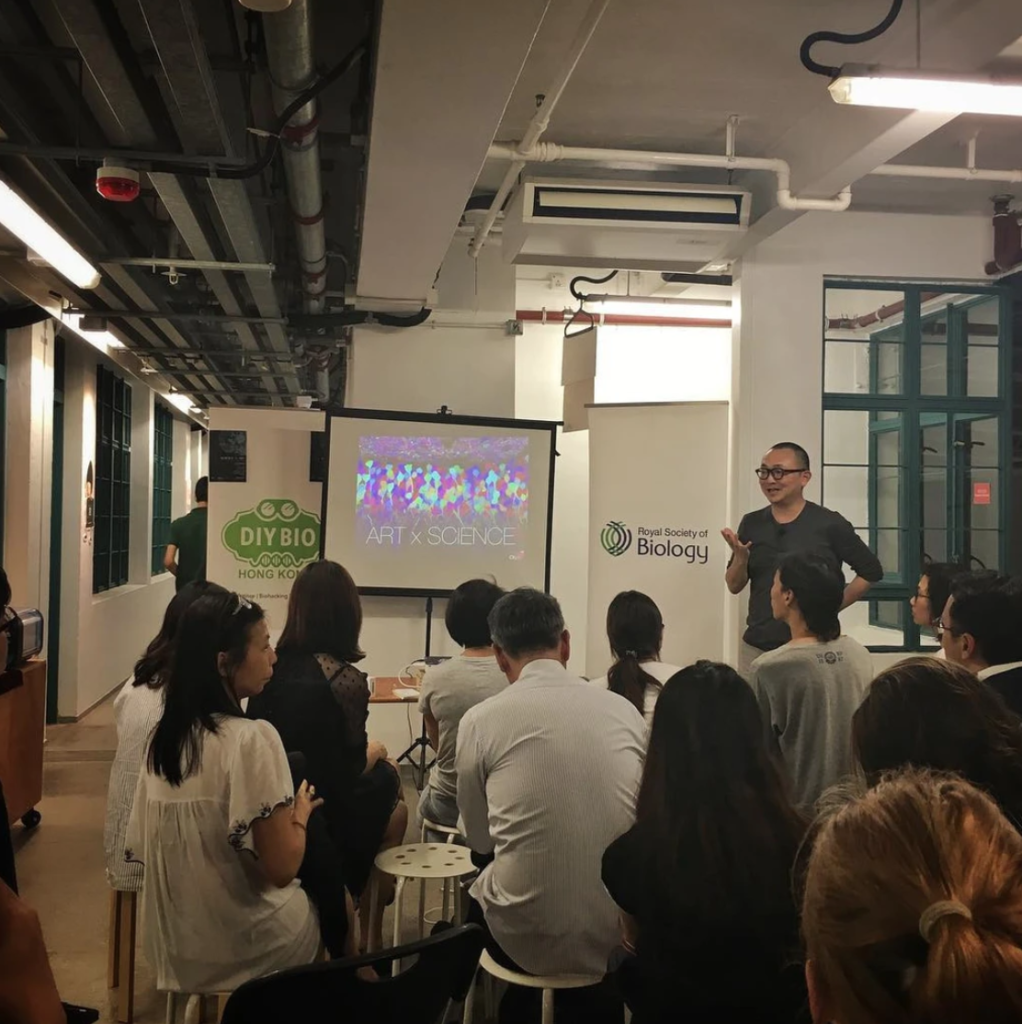

It is our great honor to have Dr. Yun Wah Lam as our speaker in the Science x Art = Knowledge Revolution talk last week at MakerBay Central. This talk is one of the public lecture from the Let’s Talk Bio! series organised by DIY BIO Hong Kong at PMQ. This is the most popular talk among our previous talks so far. In the talk Dr. Lam shared his personal journey in the teaching of science to art students in CityU’s newly created bachelor programme of Art and Science (BAS). Illustrated by student projects, he also tell you why a dialogue between artists and scientists can lead a new intellectual movement.
Date: 25 May, 7:00 PM – 8:30 PM
Location: MakerBay Central, PMQ H508

About Dr. Yun Wah Lam
Dr Yun Wah Lam was born and educated in Hong Kong. After obtaining his PhD in biochemistry from the University of Hong Kong, he moved to Dundee, Scotland in 1998 to work as a postdoctoral researcher in the Wellcome Trust Centre in Cell Biology. He returned to his hometown in 2007 and joined City University of Hong Kong as an assistant professor. He built a multi-disciplinary research network, consisting of biochemists, chemists, materials scientists and medical doctors, to tackle a variety of biological projects, ranging from environmental sciences to regenerative medicine. Yun is also highly passionate about education and popularisation of science. He teaches on a range of subjects, including genetics, analytical biochemistry, and systems biology, and has developed several innovative courses for City University’s Gateway Education programme. Outside work, Yun is a keen lover of art and design, an amateur illustrator, writer and collector of useless facts.
Some takeaways from the talk:
- Science is not always about applications. The exploration and discovery element is always neglected in the modern world.
- When looking back to the great inventors in history, for instance Leonardo Da Vinci, the Wright brothers, Mendel etc. They did not constrain themselves to think solely like a scientist or engineer, but were actually incorporating different disciplines during their inventing journey. To be more precise, they don’t really have a mindset of specialisation. This help them tear down the artificial boundaries between knowledge pools.
- The students’ work remind us of the joy of making discoveries and curiosity on the surroundings.
- The mental burden of “usefulness, meaningful to civilisation, profitability” always stop me from doing science.
- Everyone can do science simply just for fun just like doing art!
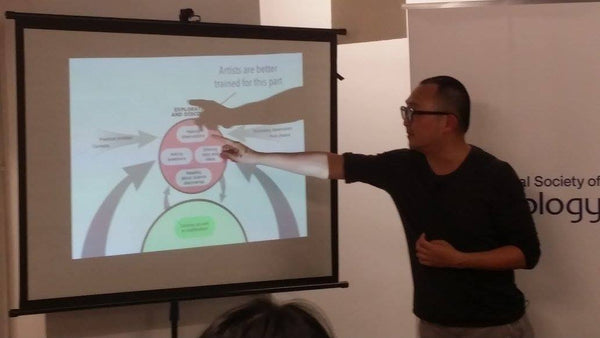


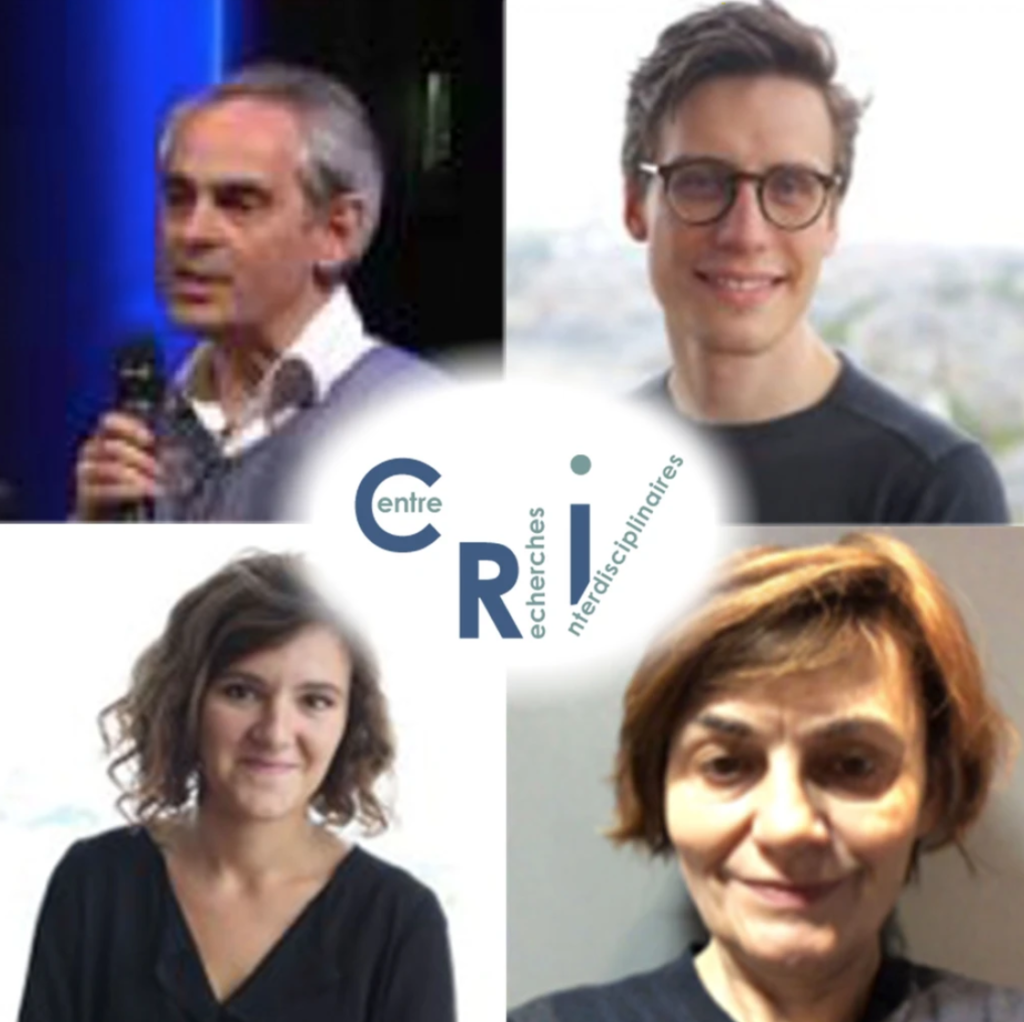
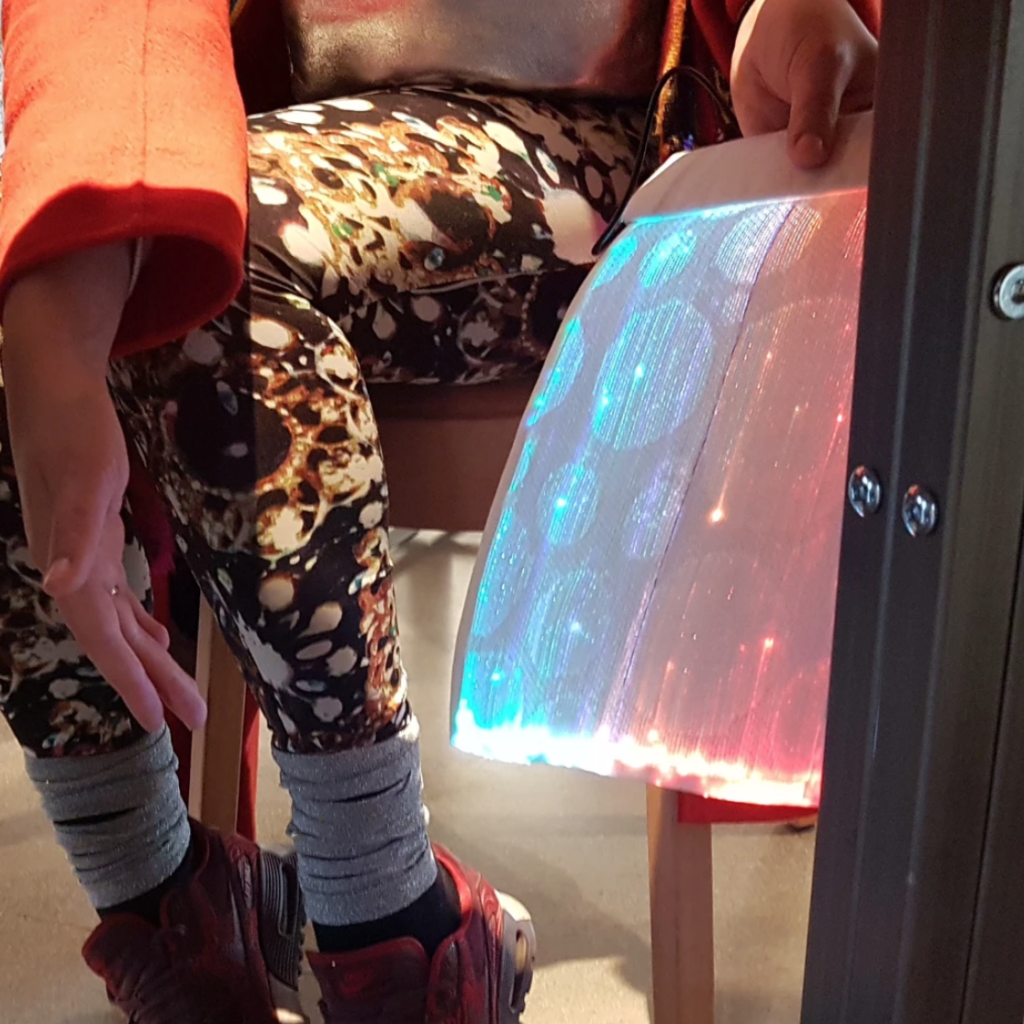
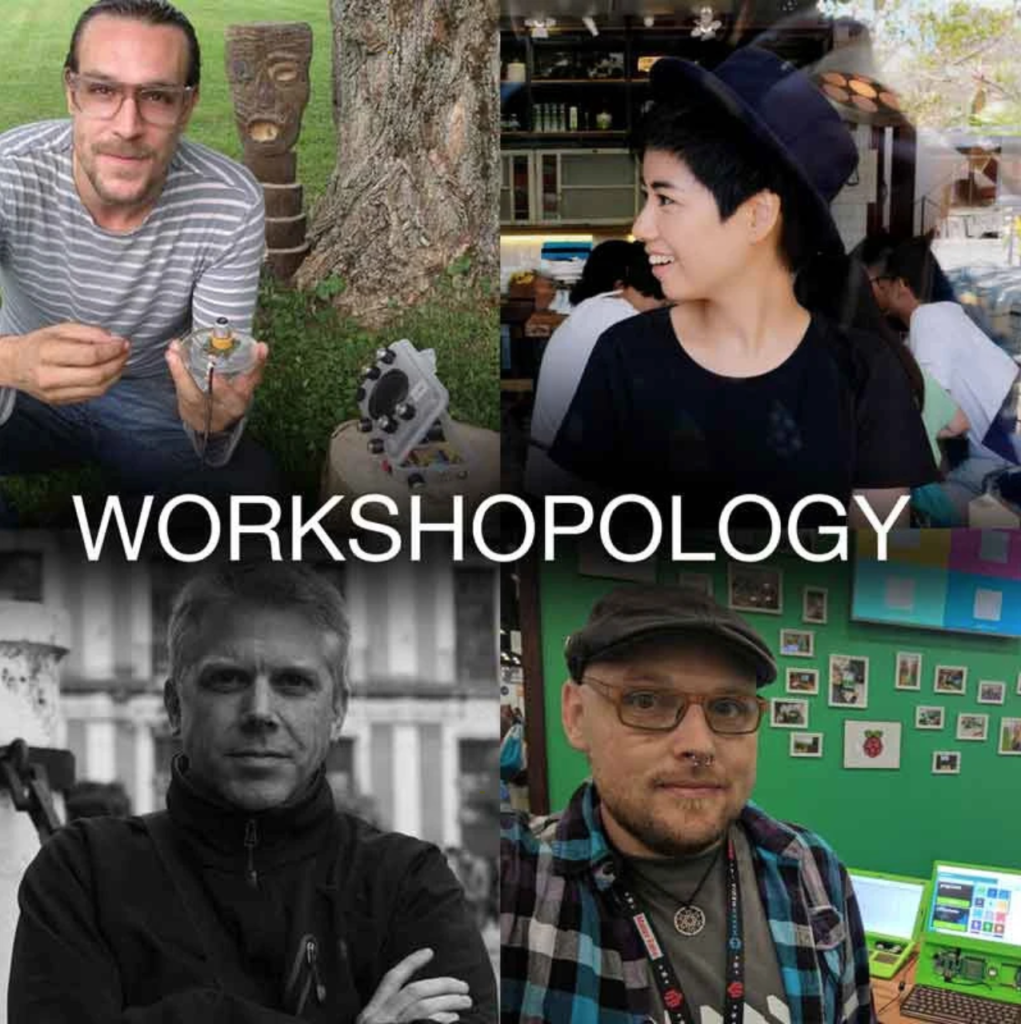
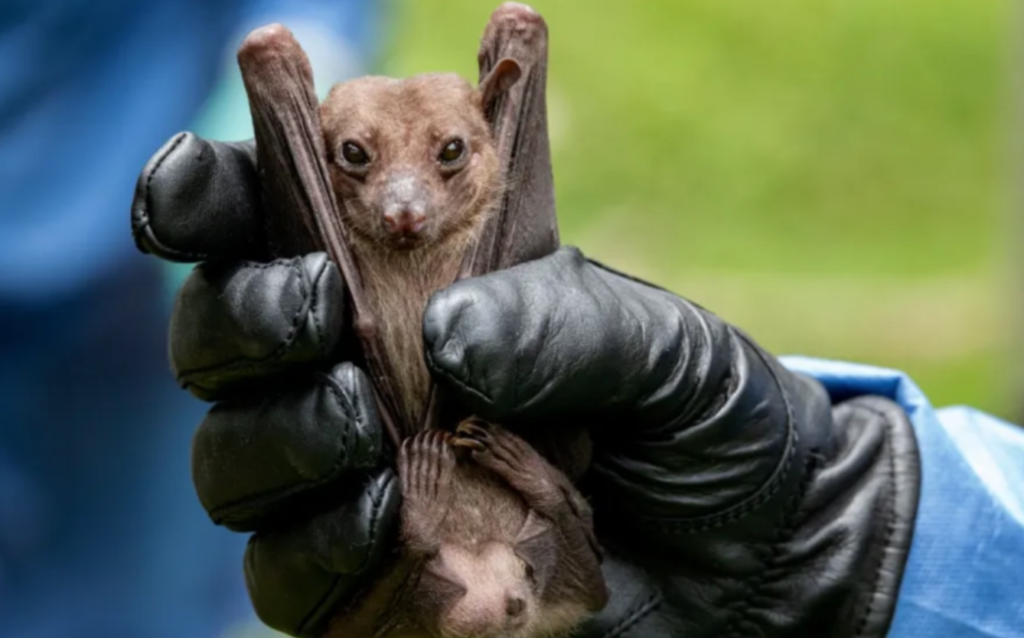
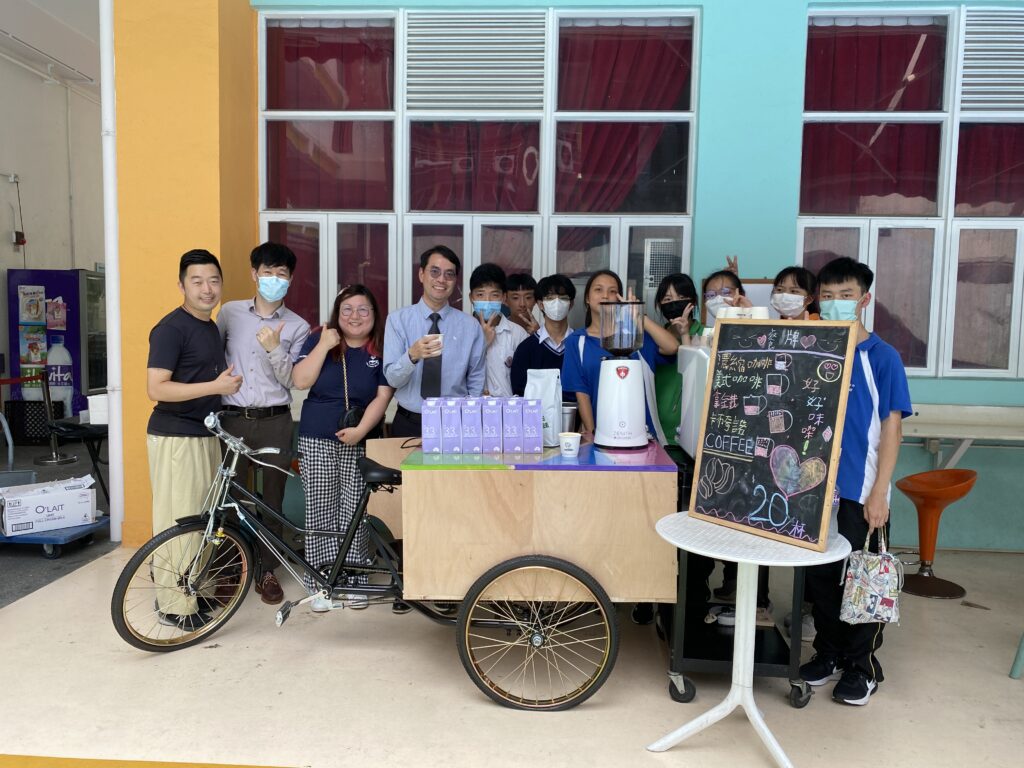
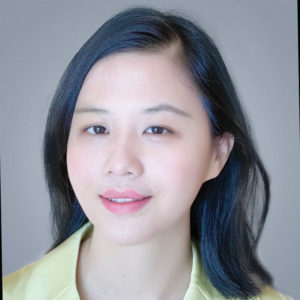
Responses